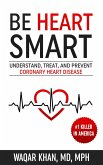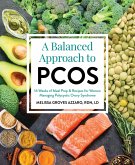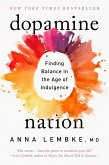This is a gripping medical narrative that brings readers into the complex world of newborn intensive care, where brilliant but imperfect doctors do all they can to coax life into their tiny, injured patients. Dr. Adam Wolfberg--journalist, physician specializing in high-risk pregnancies, and father to a child born weighing under two pounds--describes his daughter Larissa's precipitous birth at six months, which left her tenuously hanging on to life in an incubator. Ultrasound had diagnosed a devastating hemorrhage in her brain that doctors reasoned would give her only a 50 percent chance of having a normal IQ. With the knowledge that their daughter could be severely impaired for life, Adam and his wife, Kelly, consider whether to take Larissa off life-support. As they make decisions about live-saving care in the first hours of a premature infant's life, doctors and parents must grapple with profound ethical and scientific questions: Who should be saved? How aggressively should doctors try to salvage the life of a premature baby, who may be severely neurologically and physically impaired? What will that child's quality of life be like after millions of dollars are spent saving him or her? Wolfberg explores the fits and starts of physicians, government policy makers, and lawyers who have struggled over the years to figure out the best way to make these wrenching decisions. Through Larissa's early hospital course and the struggle to decide what is best for her, Wolfberg examines the limitations of newborn intensive-care medicine, neuroplasticity, and decision making at the beginning of life. Featuring high-profile scientific topics and explanatory medical reporting, this is the first book to explore the profound emotional and ethical issues raised by advancing technology that allows us to save the lives of increasingly undeveloped preemies.
Dieser Download kann aus rechtlichen Gründen nur mit Rechnungsadresse in A, B, BG, CY, CZ, D, DK, EW, E, FIN, F, GR, HR, H, IRL, I, LT, L, LR, M, NL, PL, P, R, S, SLO, SK ausgeliefert werden.









